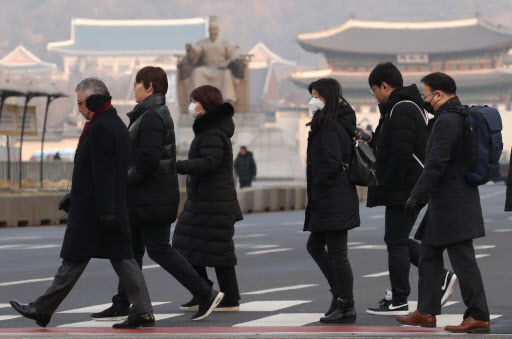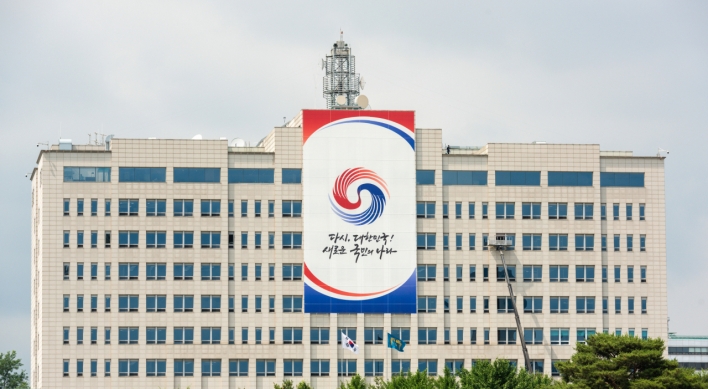“The first thing I do when I wake up is check the weather report for fine dust and plan the day accordingly,” said Choi Ju-yeon, a 40-year old resident of Paju in northwest Gyeonggi Province.

Despite being in a relatively rural area, Paju is often affected by high levels of fine and ultrafine dust.
“When levels are high, I try to stay indoors as much as possible. I also have air quality monitoring devices at home.”
While Choi may be more sensitive than others, it seems undeniable that fine dust is affecting Korean society.
Particulate air pollutants, more commonly referred to as fine dust and ultrafine dust, are now a part of life here. This form of air pollution has deteriorated to the point that government agencies send out warnings when concentrations reach severe levels and response measures have become part of election pledges.
Dust pollution has even given rise to a new saying, “Three cold (days), four (days of) fine dust,” a play on the adage that the weather in winter follows the pattern of three cold days followed by four relatively warm days.
“It’s quite irritating really. These days it’s either too cold or fine dust is too bad for me to take the kids out,” said Kim Sang-ho, a father of three, adding that he feels as if he has spent the entire winter indoors.
“There is all this talk about what causes fine dust, and its health effects. Although I don’t know what is true, I think the best I can do for my kids is to limit exposure as much as possible.”
With the exact source of the pollutants still up for debate, the issue has shown signs of becoming a diplomatic issue between Seoul and Beijing.
The Korean government points to China as a major source of fine dust, while China recently claimed that much of the fine dust originates from within the country, citing improvements in its air quality compared to changes in that of Korea.
Regardless of the source, fine dust is making an impact here.
According to industry data, about 2.5 million units of air purifiers were sold in the local market last year, compared to about 500,000 units in 2014.
With sales projected to reach 3 million units this year, the Korean market has become a test bed for local and international manufacturers of air filtration devices.
Japan’s Balmuda and Sweden’s Electrolux launched new air filtration systems in Korea this month, with the latter choosing Korea as the first country to introduce its latest air purifier.
Concerns over fine dust have also given rise to home remedies that “flush out” fine dust particles from the body, ranging from claims that pork fat binds fine dust particles to various teas and food that allegedly offer effective defense against fine dust.
(cheesuk@heraldcorp.com)






![[KH Explains] How should Korea adjust its trade defenses against Chinese EVs?](http://res.heraldm.com/phpwas/restmb_idxmake.php?idx=644&simg=/content/image/2024/04/15/20240415050562_0.jpg&u=20240415144419)












